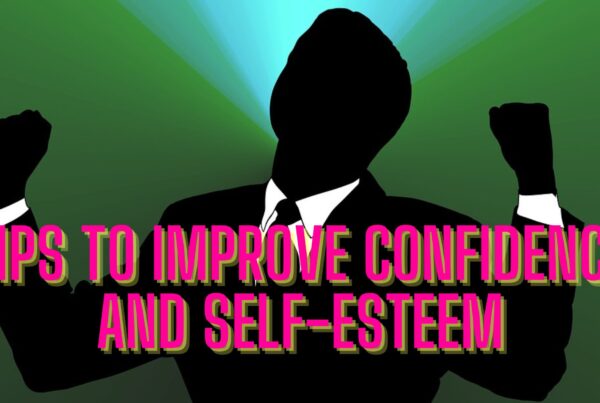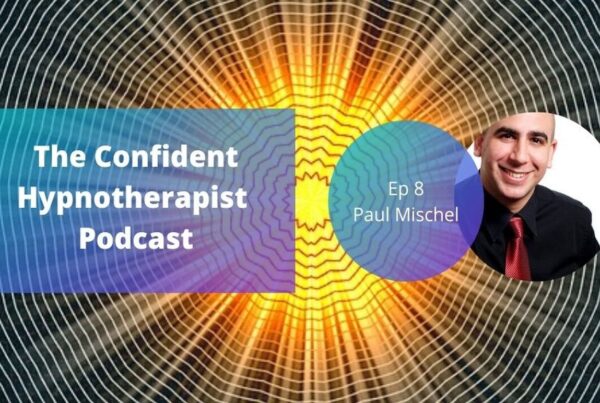How to Tap into Your Confidence
Understanding Confidence
Confidence: “the feeling or belief that one can have faith in or rely on someone or something.” If you’re lacking confidence in yourself, then this blog might show you hot to tap into your confidence.
When we talk about confidence, it’s important to realize that it’s not just a standalone trait. Confidence is not something we magically acquire overnight. It’s a complex interplay of various skills and qualities that we develop over time. Think of confidence as the result of having other important elements in place, such as competence, acceptance, resilience, and courage.
Defining Your Confidence
Many individuals express the desire to be “more confident,” but what does that really mean? How do you measure confidence? The truth is, confidence is a subjective experience that varies from person to person. It’s not about reaching a specific level or comparing yourself to others. Instead, it’s about developing a sense of self-assurance that aligns with your own values and aspirations.
Embracing Imperfections and Learning
Confident individuals don’t constantly dwell on their level of confidence; they take action. They understand that making mistakes is part of the learning process. They willingly step outside their comfort zones, even if it scares them. They acknowledge their fears and push through them anyway. Confidence is the reward that comes from having the courage to face challenges head-on and embrace the lessons they offer.
Research shows that stepping outside the comfort zone regularly can lead to personal growth and increased confidence (Côté, 2019). By repeatedly venturing into uncharted territory, you discover that the boundaries of your comfort zone expand. What seemed daunting yesterday becomes manageable today. Remember, practice makes perfect.
The Choice to Grow
You have a choice when it comes to your confidence. You can choose to play it safe, remaining within the confines of familiarity, and avoiding the risk of failure. But in doing so, you may miss out on the exhilaration and fulfillment that pursuing your passions brings.
On the other hand, you can choose to pursue what genuinely excites you, ignites your passion, and breathes life into your being. Stepping out of your comfort zone might be daunting, but it opens doors to new experiences, skills, and self-discovery. It allows you to tap into your full potential and embrace the richness of life.
Taking Action
If you’re looking to enhance your confidence, remember that it’s not about chasing confidence itself. Instead, it’s about taking action and embracing opportunities for growth. Here are some practical steps to help you tap into your confidence:
1. Identify Your Values:
Reflect on what truly matters to you in life. Understanding your values will provide a solid foundation for building confidence. When your actions align with your values, you naturally feel more confident in pursuing your goals (Zampetakis et al., 2020).
2. Set Goals:
Establish clear and achievable goals that align with your values. Break them down into smaller, manageable steps. As you achieve each milestone, you’ll gain a sense of accomplishment and a boost in confidence (Locke & Latham, 2019).
3. Embrace Failure as a Learning Opportunity:
Instead of viewing failure as a reflection of your worth, see it as an opportunity to learn and grow. Analyze what went wrong, extract the lessons, and use them to improve your future endeavors (Dweck, 2006).
4. Practice Mindfulness:
Incorporate mindfulness into your daily routine. Mindfulness helps you develop self-awareness, which is essential for understanding your thoughts, feelings, and actions. It allows you to respond to challenges in a calm and centered manner (Hölzel et al., 2011).
5. Visualize Success:
Use the power of visualization to imagine yourself succeeding and feeling confident in different scenarios. Visualizing success can help build a positive mindset and enhance your self-belief (Sirois & Wood, 2017).
6. Celebrate Small Victories:
Acknowledge and celebrate your achievements, no matter how small. By celebrating milestones along your journey, you reinforce your belief in your capabilities and build momentum (Grant et al., 2010).
Remember, building confidence is a process that takes time and effort. Be patient with yourself and embrace the journey of self-discovery and growth. As you continue to step outside your comfort zone, your confidence will naturally blossom.
Release Hypnosis Can Show You How To Tap Into Your Confidence
If you’d like personalized guidance and support in boosting your confidence, consider scheduling a free 30-minute consultation phone call with Release Hypnosis.
Since 2015, Lawrence Akers has been working under the name Release Hypnosis offering Hypnotherapy and ACT based work to the people of Melbourne or an online service. Based on St Kilda Rd, Release Hypnosis is an easy and convenient location to get to and accessible by the ANZAC station train and tram stop. Release Hypnosis can help with a wide range of presenting issues, and I offer a free 30 minute no obligation discovery call for those who are unsure if hypnotherapy is the right way forward for them.
References for ‘How To Tap Into Your Confidence’
- Côté, S. (2019). Stepping outside the comfort zone: Individual differences in the experience of difficulty. Journal of Personality, 87(1), 146-160.
- Dweck, C. S. (2006). Mindset: The new psychology of success. Random House.
- Grant, A. M., Curtayne, L., & Burton, G. (2010). Executive coaching enhances goal attainment, resilience and workplace well-being: A randomised controlled study. The Journal of Positive Psychology, 5(5), 396-407.
- Hölzel, B. K., Lazar, S. W., Gard, T., Schuman-Olivier, Z., Vago, D. R., & Ott, U. (2011). How does mindfulness meditation work? Proposing mechanisms of action from a conceptual and neural perspective. Perspectives on Psychological Science, 6(6), 537-559.
- Locke, E. A., & Latham, G. P. (2019). New developments in goal setting and task performance. Routledge.
- Sirois, F. M., & Wood, A. M. (2017). Gratitude uniquely predicts lower depression in chronic illness populations: A longitudinal study of inflammatory bowel disease and arthritis. Health Psychology, 36(2), 122-132.
- Zampetakis, L. A., Kafetsios, K., Bouranta, N., & Dewett, T. (2020). On the relationship between emotional intelligence and core self-evaluations: Connecting two important emotional competencies with work-related variables. Journal of Vocational Behavior, 120, 103435.
Book Your FREE 30 Minute Consultation With Release Hypnosis NOW!
You may also like to read:
10 Daily Habits for Managing Anxiety and Stress
How to Relieve Anxiety at Bedtime: Tips for a Restful Night’s Sleep
The Power of Progressive Muscle Relaxation
Mastering Mindful Communication: Enhancing Relationships and Connections








